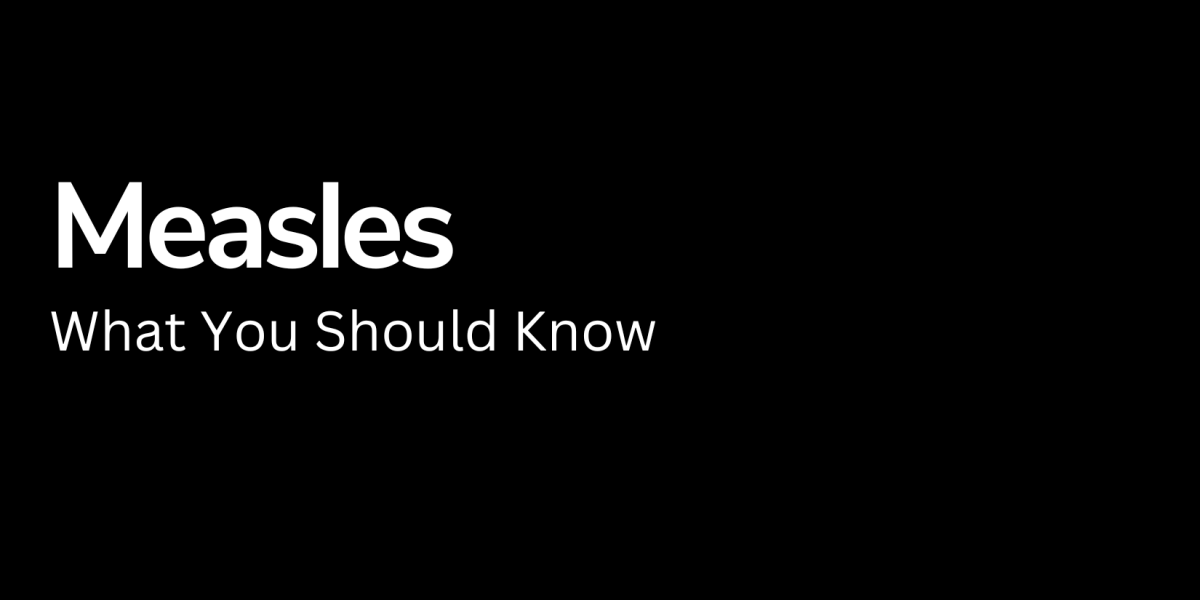Measles is making a concerning comeback in Ontario. You may be feeling curious—or even a bit anxious—about how to protect yourself, your loved ones, and our communities. To support you, the Marathon Family Health Team has summarized key information below to help you stay informed and safe.
What is Measles?
Measles is one of the most contagious viral infections in the world. It spreads easily through the air when an infected person coughs or sneezes, and it can linger in a room for up to two hours after the person has left.
The first symptoms of measles usually appear 7 to 21 days after exposure and include:
- Fever
- Cough
- Runny nose
- Red eyes
- White spots inside the mouth (Koplik spots)
A few days later, a red, blotchy rash starts on the face and spreads to the rest of the body. While most people recover fully, measles can lead to severe complications such as pneumonia, brain inflammation (encephalitis), and, in rare cases, death.
Measles in Ontario – 2025
Cases have been increasing quickly since March, reaching the highest levels in 10 years. In the first three months of 2025, there have been 557 confirmed cases in Ontario. This is a big jump compared to the 101 cases reported between 2013 and 2023. Some people have had to be hospitalized because of severe infections, and more than 96% of these cases are in people who are not vaccinated or have an unknown vaccination status. As of early April, no cases have been reported in the Thunder Bay District.
Vaccine Protection is the Best Protection
The MMR vaccine, which protects against measles, mumps, and rubella, is the most effective way to prevent measles. It provides long-lasting protection for most people and has helped reduce measles cases in Canada by 99% since it was first introduced in the 1960s.
It’s strongly recommended that you make sure your vaccinations are up to date, especially if you’re planning to travel to places where measles outbreaks are happening. If you’re traveling, talk to your healthcare provider at least 6 weeks ahead of time to make sure you’re fully protected.
Who Needs the MMR Vaccine?
For routine immunization:
- Infants get their first dose of the MMR vaccine at 1 year of age.
- For children aged 1 and older, the first dose is given at 1 year, and the second dose is given between the ages of 4 and 6, usually before starting school. Two doses are needed for full protection.
- Adults born on or after 1970 who haven’t received a measles-containing vaccine should get one dose.
- Adults born before 1970 are usually considered to have immunity from past exposure to measles, so they generally don’t need the vaccine.
If you’re traveling to an area with increased measles activity:
- Infants aged 6 to 11 months should get one dose of the MMR vaccine. After their first birthday, they’ll still need two more doses to complete the series.
- Children aged 1 and older should get two doses of the MMR vaccine, as described above.
- Adults born on or after 1970 should receive two doses for full protection.
Stay Informed
To protect yourself and our communities, stay informed by checking the Thunder Bay District Health Unit’s website (www.tbdhu.com/measles) for updates on measles cases and vaccination recommendations. If you’re unsure about your vaccination status, contact the local public health office at 807-229-1820 for advice. To book a vaccine appointment, call the Marathon Family Health Team at 807-229-3243 or email appointments@mfht.org.
With measles cases on the rise, now is the time to take action. Vaccination is a safe, effective, and important way to help prevent the spread of this serious disease.



